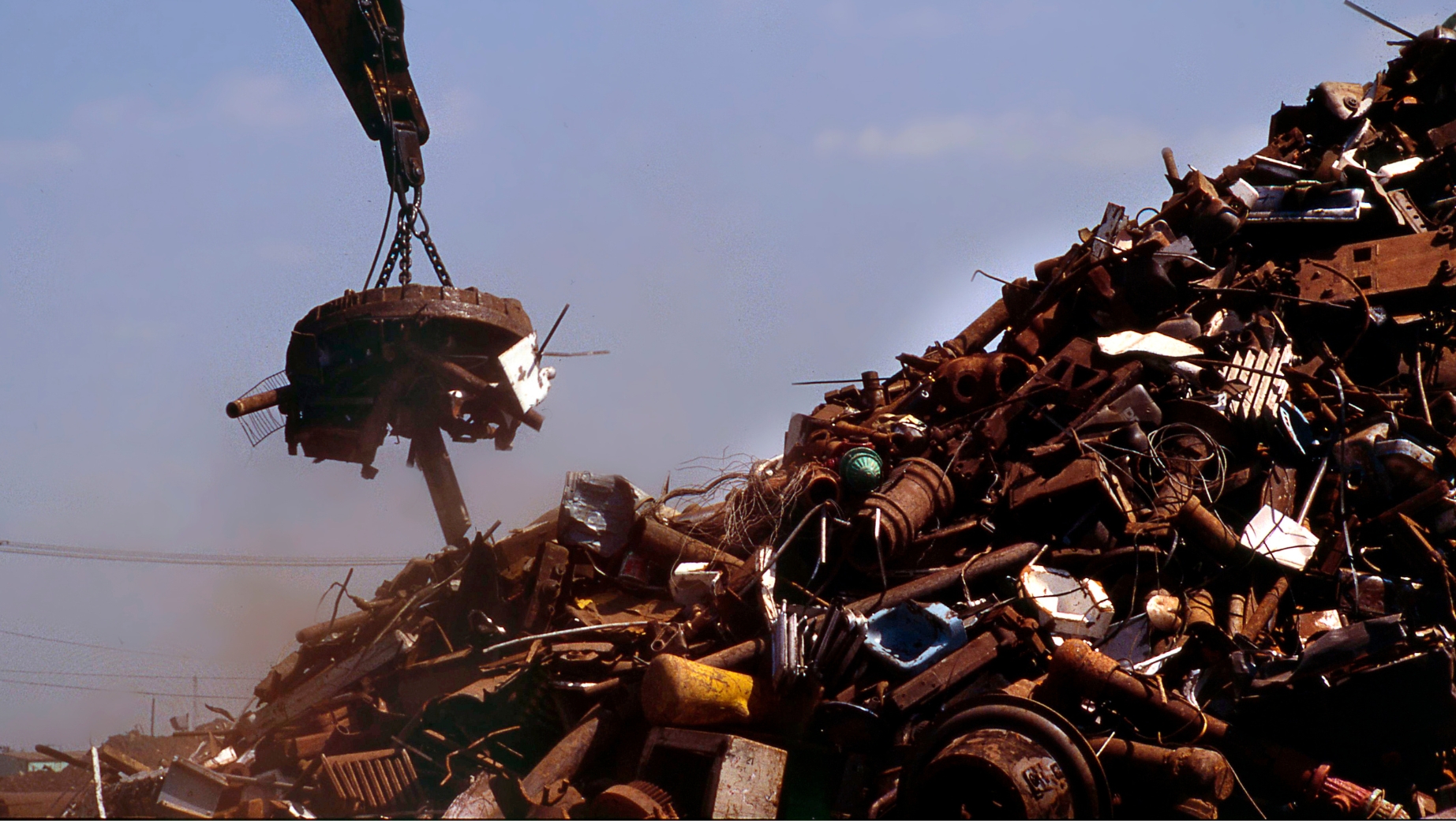News & Events
Magnet recycling to reduce dependency on rare earth elements

04 | 07 | 2024
Ceit is at the helm of the European HARMONY project, which seeks to find a solution to the extra-EU dependency on rare earth elements (REEs) by developing a revolutionary, environmentally friendly and safe recycling process.
Eight pilot plans will be developed over the project’s three-year duration that will focus on existing challenges in terms of recycling NdFeB permanent magnets at the end of their lifespan.
Despite the fact that rare earth elements (REEs) are considered an essential raw material by the EU, a dependency exists on China, especially in terms of the production of NdFeB magnets, as these are used in a large number of technological applications, ranging from wind turbines to electronic devices and electric vehicles.
Europe imports around 16 thousand tons of rare earth elements every year from China, accounting for 98% of its demand, and meaning that vulnerability in terms of price control and supply has become a key concern for European companies. The European HARMONY project, led by the Ceit Technology Centre, came about as a solution to this problem, by providing a recycling system for NdFeB permanent magnets at the end of their lifespan – a crucial initiative to ensure the EU’s independence and stability in this sphere of activity.
Currently, NdFeB magnets – which contain a significant amount of REEs - are discarded in waste and not recovered. HARMONY proposes developing and validating pilot projects to ensure an innovative, environmentally friendly and safe closed-loop recycling process of rare earth elements from these magnets.
Eight pilot plans will give shape to the project
The recycling circuit will include the collection and dismantling of magnets and residues from electrical and electronic appliances, recovery of REEs via indirect recycling processes, production of recycled NdFeB powder, manufacture of magnets from that powder, and their validation. Eight pilot plans will be set in motion to ensure the effectiveness and viability of this entire project, meaning it will attain around a TRL 6-7 level in terms of technological maturity.
HARMONY not only focuses on technological aspects, but also takes the economic, environmental and social viability of these processes into consideration via rigorous evaluations of the magnets’ lifespan. In addition, non-technological challenges will be tackled such as economic, ethical and normalisation issues, as well as social innovation through citizens’ dialogue.
The following make up the consortium alongside Ceit: ERION, MEAB, KOLEKTOR Mobility, MAGNETI Ljubljana, MAGNAX, LANCOR, Copreci, Fraunhofer LBF, ESCI, Steinbeis Europa Zentrum, UNE, the Polytechnic University of Milan, Clausthal University of Technology, Freiberg University of Mining and Technology, Pforzheim University of Applied Sciences, the University of Ghent, the University of Birmingham, the University of Florence the University of the Basque Country and the University of Mondragon.